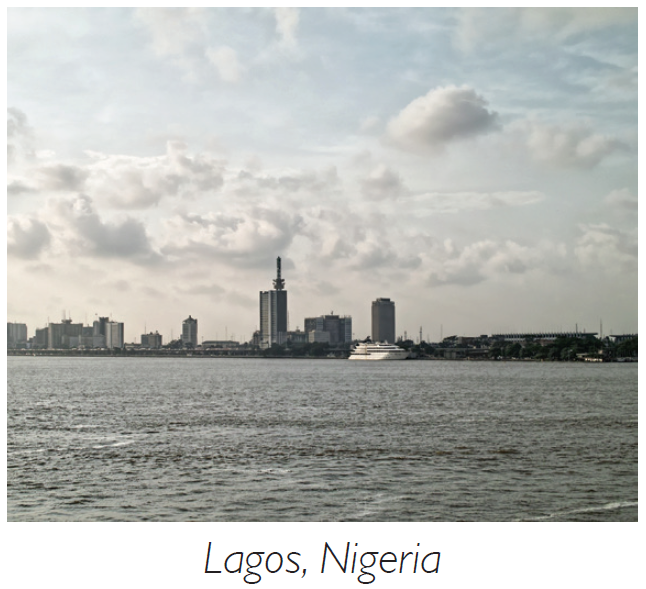Borrower Overview
TriLinc has provided financing to four separate soft commodity exporters that source crops at farm gate from local, smallholder farmers and buying agents, process the crops, and export to eligible off-takers. Farm gate procurement reduces the farmer’s operational burden of transporting the goods by acquiring the product directly from the farm. Each company employs a team that sources high-quality crops throughout the region and some farms have been supplying the traders for over 10 years. The suppliers typically dry their crop, either manually or with machinery, prior to being purchased at farm gate. Payments are immediately made to farmers in the local currency or through phone transfer after the quality of the goods have been assessed.
The majority of the traders’ offtakers have obtained globally recognized supply chain certifications and are members of nationally recognized commodity groups, which address labor and working conditions, fair wage allocation, and natural resource and biodiversity management in order to improve the economic and social well-being of smallholder farmers and the environmental sustainability of production in West Africa.
Market Overview

Nigeria is classified as a middle income country by the World Bank.1 Between 2010 and 2016, GDP growth rates averaged approximately 4.3%.1 Spurring this growth is Nigeria’s market size- the 7th most populus country in the world- and its burgeoning middle class, which has grown by 600% between 2009 and 2014.2 Nigeria’s export activity has traditionally been dominated by petroleum and petroleum-related products with its cocoa, wood, and oil seed products representing marginal amounts of outbound trade.3 Conversely, the country’s main imports are concentrated in mineral fuels, electrical/electronic equipment, machinery, vehicles, and plastics.3
Nigeria meets TriLinc’s country standards for its performance across relevant growth, stability and access metrics.4 As the largest economy in Sub-Saharan Africa with a GDP of $404.7 billion,5 the country’s developed financial market legal regime, trade promotion activities, and use of English as their official language have led the country to benefit from the estimated $38.6 billion in net foreign direct investment that flowed into the region in 2016.6 Robust domestic demand in Nigeria and across Sub-Saharan Africa helped spur regional GDP growth to 1.3% in 2015 and is expected to strengthen to 3.6 % by 2020.7
Additional Sustainability & Impact Highlights
- All four traders offer extensive employee benefits including healthcare coverage, pension contributions, maternity leave, child care support, payment for employee children’s school fees up until the university level, and personal loans.
- The soft commodity exporters actively support their local communities by engaging in activities such as provisioning power to the surrounding community, sponsoring a local police department, constructing a health clinic, and financially and logistically supporting local festivals.
- Capacity-building initiatives that are offered to majority of the traders’ employees are focused on product quality analysis and market strategy.
1The World Bank, World Development Indicators Database, Nigeria, 2017. 2Standard Bank, Rise of the Middle Class in Sub-Saharan Africa. 3CIA, The World Factbook, 2017: Nigeria. 4There is no assurance that our investment in this company or this market will be successful. 5The World Bank, Data, Sub-Saharan Africa, 2017. 6The World Economic Forum: Global Competitiveness Report; Nigeria, 2018. 7The World Bank, Global Economic Prospects, January 2018.
The above information is as of the initial date of investment: December 2017.
An investment with TriLinc carries significant fees and charges that will have an impact on investment returns. Information regarding the terms of the investment is available by contacting TriLinc. This is a speculative security and, as such, involves a high degree of risk. Investments are not bank guaranteed, not FDIC insured and may lose value or total value. Some investments may have been made in an investment vehicle that is no longer open for investment. The highlighted investment may or may not have been profitable. There is no guarantee that future investments will be similar.
Want to learn more? Contact Us.
